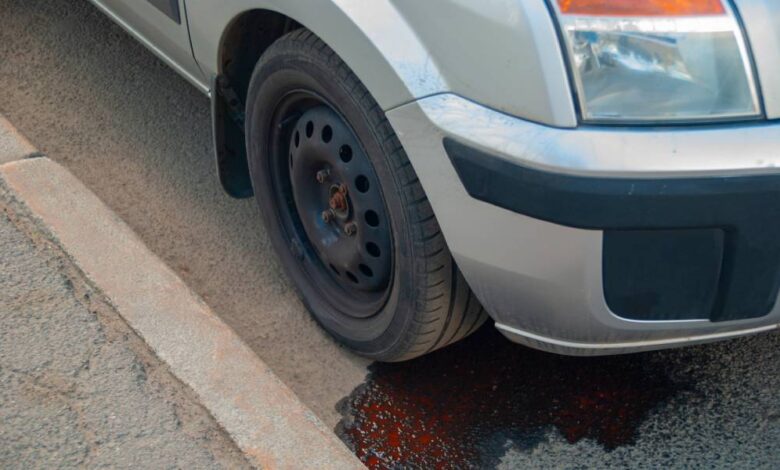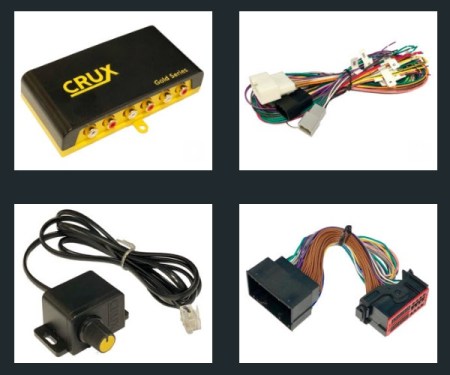What Do the Different Leaks in Your Toyota Mean?

Toyota owners, have you noticed any seepage around your vehicle lately? Leaks can indicate underlying problems or maintenance issues that require attention. Common signs of a leak are the presence of fluid puddles beneath the car, which can vary in color and texture, and visible stains on the ground where the car was previously parked.
Additionally, you might notice unusual odors. Sometimes, you’ll even see smoke, which usually spells big problems for your vehicle. That’s why it’s worth taking time to find out what the different leaks in your Toyota mean so you can adequately take care of your vehicle.
Transmission Leak
This fluid leak might signal a crack in the transmission pan, faulty seals, or loose bolts in the transmission housing. Transmission fluid lubricates moving parts within the transmission system, providing cooling and smooth gear shifts. Low levels of transmission fluid can cause erratic shifting problems, resulting in unexpected gear changes or the transmission slipping out of gear. Thankfully, regular maintenance checks, including inspecting seals and bolts, can prevent such situations.
Oil Filter Leak
An oil filter leak could indicate that the gasket between the filter and the engine is either damaged or improperly installed. There are a few reasons an oil filter would leak on your Toyota, and when you understand these reasons, you can take care of the issue and keep your Toyota working efficiently. Without proper lubrication, you could quickly experience engine damage.
Coolant Leak
A coolant leak may stem from a damaged radiator, worn-out hose, faulty water pump, or a cracked engine block. Coolant circulates through the engine to absorb excess heat. If coolant levels drop enough, the engine can overheat, leading to potential engine damage or failure. Promptly address coolant issues to maintain optimal engine performance and longevity. Regularly check hoses and the radiator for visible signs of wear.
Brake Fluid Leak
A brake fluid leak may occur due to a damaged brake line, caliper, or primary cylinder (also known as the master cylinder), any of which are integral to the braking system. Brake fluid creates hydraulic pressure, allowing the brakes to function effectively. Routine brake inspections and maintenance, including examining lines and components for leaks or damage, ensure that your vehicle can brake effectively.
Regularly inspect your Toyota, keeping your eyes peeled for leaks. More importantly, know what these different leaks mean and what to do when you spot them. Promptly addressing problems saves you money on future repairs while promoting the safety and longevity of your Toyota.





